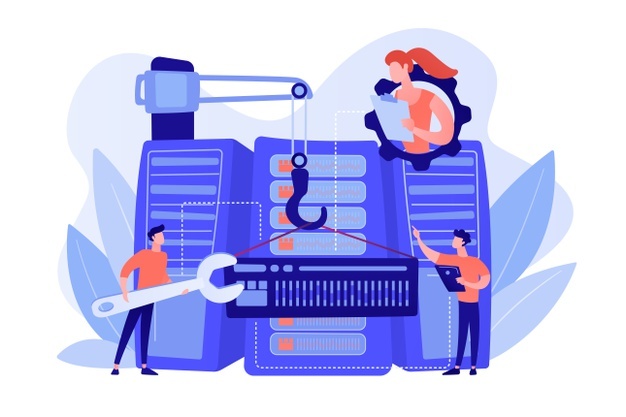Posted inProfessional Ethics & Human Values
Prevention of Whistle Blowing
The following actions will prevent/reduce whistle blowing: 1. Giving direct access to higher levels of management by announcing ‘open door’ policies with guarantee that there won’t be retaliation. Instead such employees should be rewarded for fostering ethical behavior in the company. 2. This gives greater freedom and promotes open communication within the organization. 3. Creation of an Ethics Review Committee with freedom to investigate complaints and make independent recommendations to top management. 4. Top priority should be given to promote ethical conduct in the organization by top management. 5. Engineers should be allowed to discuss in confidence, their moral concerns with the ethics committee of their professional societies. 6. When there are differences on ethical issues between engineers and management, ethics committee members of the professional societies should be allowed to enter into these discussions. 7. Changes and updations in law must be explored by engineers, organizations, professional societies and government organizations on a continuous basis.
